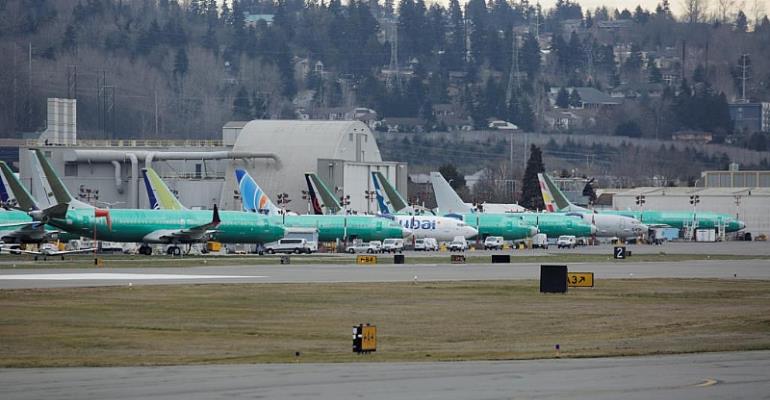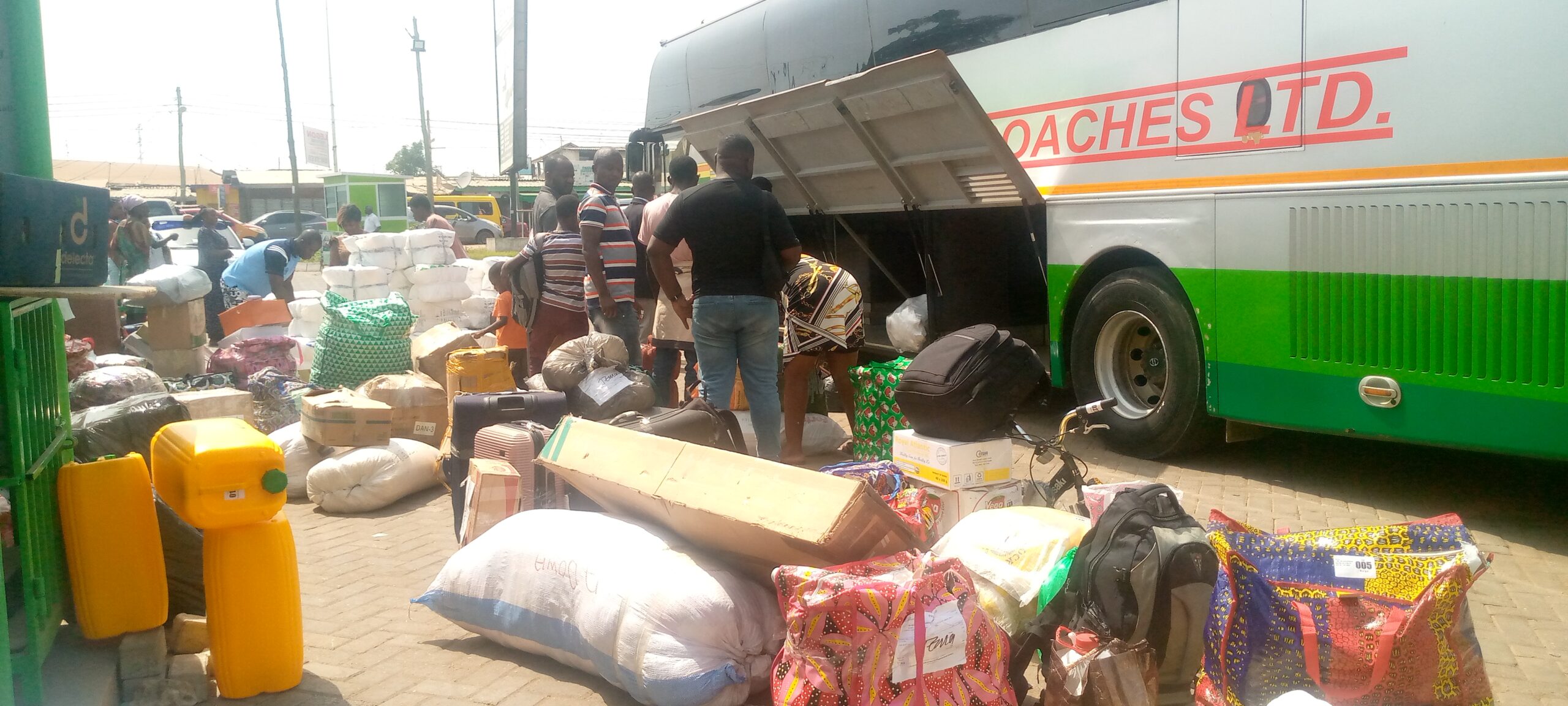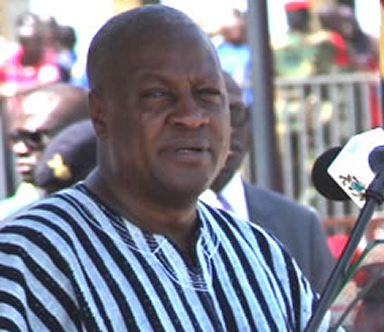
The United States has said there is "no basis" to ground Boeing 737 MAX airliners, after a second deadly crash involving the model in less than five months prompted governments worldwide to ban the plane. And the list is growing.
The aviation giant has made assurances that the plane is safe and reliable, but Sunday's crash in Ethiopia has seen bans declared across the whole of the European Union, China, India, parts of Middle East and Asia-Pacific, with many more airlines in Africa and the Americas grounding their Boeing 737 MAX jets as they await the results of the investigation.
The US has so far refused to take similar action against the American aerospace giant's best-selling workhorse aircraft.
A new Ethiopian Airlines 737 MAX 8 went down minutes into a flight from Addis Ababa to Nairobi on Sunday, killing all 157 people on board.
That followed the October crash of a new Lion Air jet of the same model in Indonesia, which killed 189 people shortly after takeoff from Jakarta.
The widening action against the aircraft has put pressure on Boeing -- the world's biggest plane manufacturer -- to prove the 737 MAX is safe, and the company has said it is rolling out flight software updates by April that could address issues with a faulty sensor.
There are about 350 MAX 8s currently in service around the world.
'Precautionary measure'
US President Donald Trump weighed in with a tweet on Tuesday: "Airplanes are becoming far too complex to fly."
"Pilots are no longer needed, but rather computer scientists from MIT," he wrote, referring to the prestigious university.
US carriers have so far appeared to maintain confidence in Boeing, which has been ordered by the Federal Aviation Administration (FAA) to make changes to flight systems and pilot training procedures.
But it was not enough to reassure the UK Civil Aviation Authority, which said it was banning the planes from British airspace "as a precautionary measure".
Global air travel hub Singapore, as well as Australia, Malaysia and Oman, were among the other countries to ban MAX planes.
Vietnam, New Zealand and Hong Kong joined them on Wednesday.
Currently, no Vietnamese carriers fly 737 MAXs, but budget carrier Vietjet has ordered 200 of them.
China, a hugely important market for Boeing, on Monday ordered domestic airlines to suspend operations of the plane.
And Turkish Airlines, one of the largest carriers in the world, said it was suspending use of its 12 MAX aircraft from Wednesday, until "uncertainty" was clarified.
Low-cost airline Norwegian Air Shuttle, South Korea's Eastar Jet and South Africa's Comair also said they would halt flights.
'Significant industry impact'
Boeing has described the MAX series as its fastest-selling family of planes, with more than 5,000 orders placed to date from about 100 customers.
But not since the 1970s -- when the McDonnell Douglas DC-10 suffered successive fatal incidents -- has a new model been involved in two deadly accidents in such a short period.
Thomas Anthony, head of the Aviation Safety and Security Program at the University of Southern California, said increasing automation of planes means crews have less experience flying manually.
"So it's not just a mechanical, it is not just a software problem, but it is a problem of communication and trust," he said.
The plane involved in Sunday's crash was less than four months old, with Ethiopian Airlines saying it was delivered on November 15.
Investigators have recovered the black box flight recorders, which could potentially provide information about what happened, depending on their condition.
(with AFP)
























Facebook
Twitter
Pinterest
Instagram
Google+
YouTube
LinkedIn
RSS